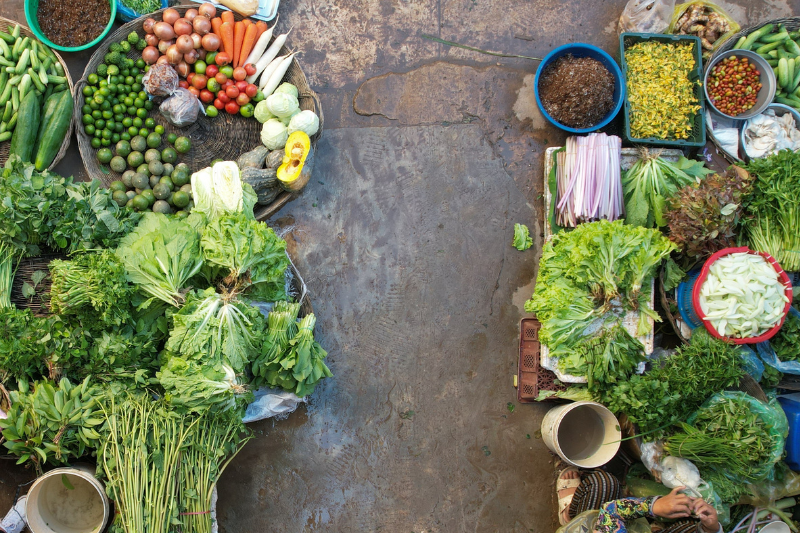
Strengthening food safety is ultimately about behavior change, which can be bolstered by motivation and stymied by obstacles. To develop effective outreach programs in Cambodia informed by behavior change theory, researchers funded by the Feed the Future Innovation Lab for Food Safety (FSIL) conducted a survey that revealed relatively higher motivation to implement a food safety behavior — but lower perceived opportunity — among produce farmers, distributors and vendors.
“In Cambodia, the produce sold in informal vegetable markets comes from farms via distributors, and preventing contamination with foodborne pathogens is important at every step,” said lead author Sabrina Mosimann, who participated in the research as part of her master’s degree in Animal Sciences at Purdue University. “If you want to encourage someone to adopt a food safety practice, whether or not they know how to do it is one thing. Our goal was to figure out whether or not people thought they could do it, whether they felt they had the opportunity to do it and whether they felt like, ‘Oh, this would motivate me to do it’.”

